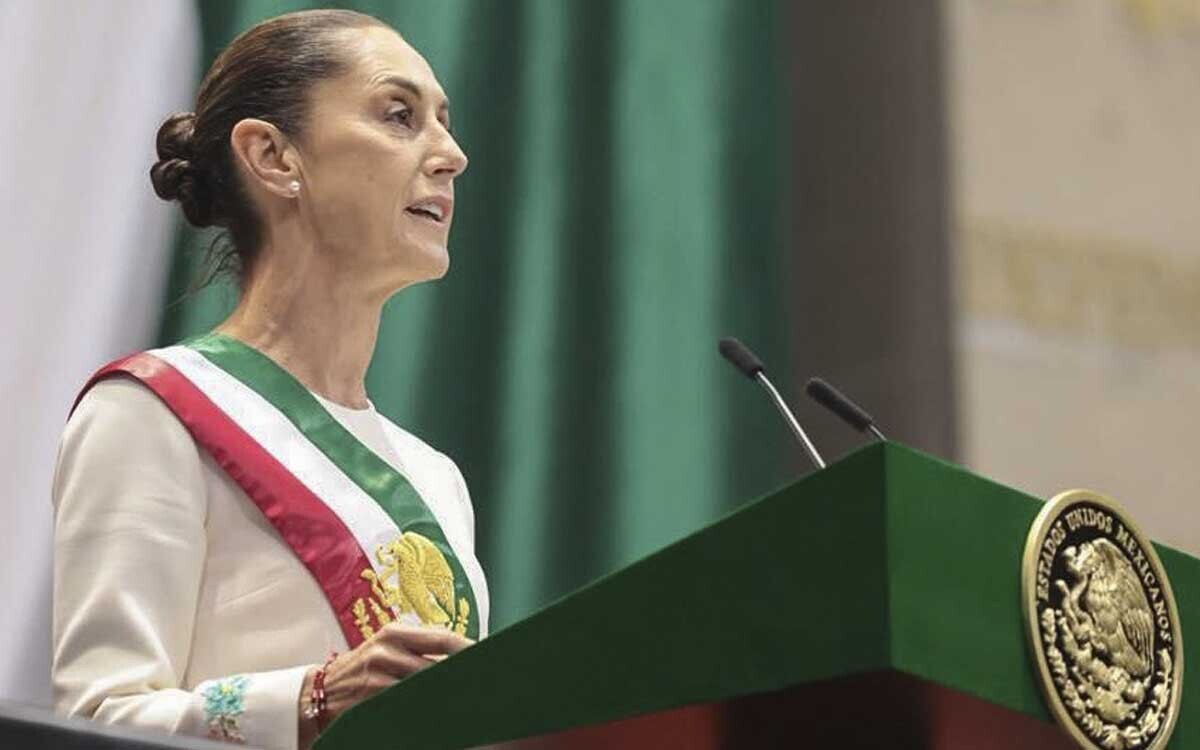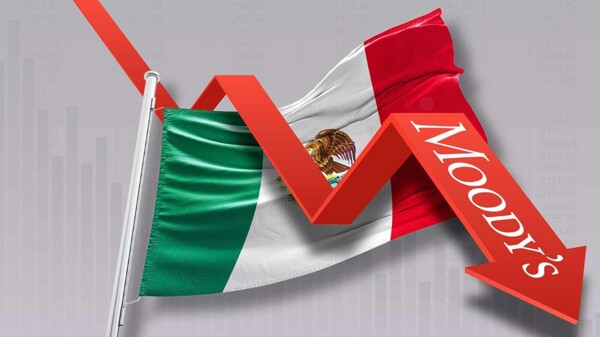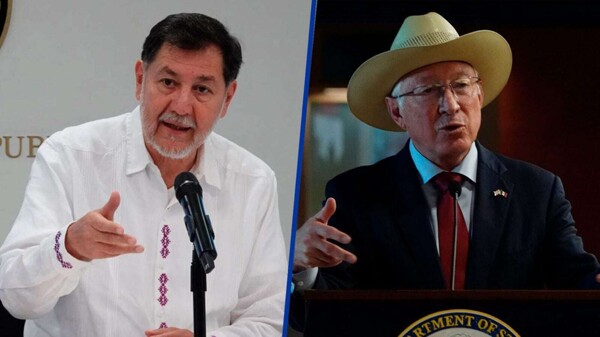
María Marván Laborde, former President of the Federal Institute for Access to Public Information (IFAI), warns about the imminent disappearance of several autonomous bodies in Mexico, including INAI. This reform, which is expected to be approved in the Congress of the Union, has raised concerns over the concentration of power and the weakening of the separation of powers in the country.
Marván highlights that the proposal to eliminate autonomous bodies, driven by the current government and largely supported by Morena, PT, and the Green Party, aims to eliminate checks on the Executive power. The fate of INAI's budget is questioned, and it is doubted whether it will truly be used to strengthen the fight against corruption.
The expert emphasizes that the original mission of autonomous bodies was to serve as a counterweight to the Executive power and prevent hyper-presidentialism. However, the disappearance of these bodies would imply a reconstruction of such hyper-presidentialism, further concentrating power in the hands of one political party and a centralized presidency.
Additionally, Marván warns about the risk that this reform could weaken democracy in Mexico, transitioning towards an authoritarian regime where the separation of powers and human rights could be threatened. She criticizes that the initiative would grant broad powers to the Secretariat of Anti-Corruption and Good Governance, allowing it to access personal databases without judicial authorization.
In summary, María Marván Laborde's statements reflect the concern about the direction democracy in Mexico is taking, with measures that could jeopardize institutional checks, transparency, and the protection of citizens' rights.














